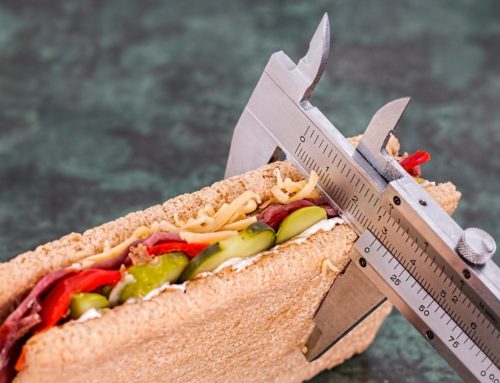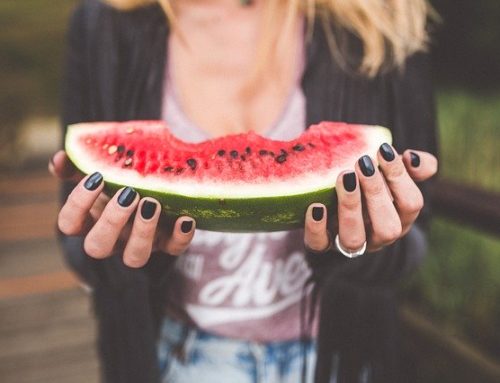Sprouting Comparison
If our minds were a garden, consider all of our external influences to be seeds. We decide which seeds are planted based on what worldly experiences we allow to resonate with us. Moreover, as the gardener, we decide which seeds we give care too. Giving seeds light and water will help them to sprout and take up more space as they grow stronger. If we give time and energy to the good seeds, we will give these seeds life to sprout, blossom, and even bear fruit. Overtime, their roots will dig deeper, anchoring themselves even stronger into the fertile soil of our minds. Unfortunately, a lot of time we give attention to the bad seeds. They will grow into thorns, weeds, or twisting parasites that suffocate the blooming, fruit-bearing plants.
What is the point of this metaphor? Be aware of the thoughts you give energy and attention. Picture comparison as the personified concepts of fear and doubt, blowing on a dried dandelion (which despite what our inner child wants to believe, is a weed). The seeds drift and nestle themselves in the soil of our minds. By consistently thinking we are flawed and that other people have it all figured out; we water these seeds that sprout into insecurities, envy, and longing for approval of others. What is the worst thing about weeds? They spread quickly. Constant comparison allows the weeds to multiply and cover more ground, leaving less and less room for the beautiful blossoms attempting to bring life, color and fruit. The images and posts that we have at our fingertips at all times, thanks to social media, are influencing our perception of what is acceptable, beautiful, and worthy of attention.
Social Media: Flower or Weed
Another way I like to picture social media is like a fruit-bearing tree, but with a weed wrapping its way around the trunk. By going on these apps, we can water the blossoming tree, but not without also giving life to the weed.
We can follow the uplifting material that allows us to feed the fruit-bearing tree. We see photos of our cousin’s new baby, follow our favorite athletes for workout inspiration, discover a healthy taco recipe or find the newest summer clothing styles. However, the intertwined, toxic vine also might be sneaking its hold tighter or climbing higher without us even realizing. Maybe subconsciously seeing pictures of your cousin makes you feel like you didn’t lose your “baby weight” as quickly. Sometimes seeing these athletes makes us feel insecure about our own fitness. Maybe all the healthy recipes send underlying signals that we must be counting all our calories, and should feel guilty about that piece of cake we ate at work yesterday. Perhaps seeing the models in the clothing company posts makes us question our body image.
Dr. Jennifer Lewallen of University of Missouri conducted a study called “Pinterest or Thintrest: Social Comparison and Body Image on Social Media” that illustrated individuals who followed more fitness boards on pinterest were more enticed to participate in extreme weight loss behaviors to achieve the “ideal female body type”. Social comparisons like these can trigger stress and potentially eating disorders if not brought into perspective.
Our mind picks up on these influences and can set them as the standard if we allow it. The seeds of comparison will be buried, cared for, and sprout if we do not recognize them and uproot them. The garden of our mind is reflected in the way we see ourselves and the world around us. In other words, we create a perception and we live it out as our reality. We become our own self-fulfilling prophecy—good or bad.
Am I saying that social media is the devil? Of course not. I’m saying that when used incorrectly, social media can become maladaptive. We need to keep in mind that we cannot interpret images at face-value and should read posts with a grain of salt. Your thoughts and perceptions are precious. We must acknowledge the seeds we allow to be planted and give time and energy to. When looking out onto the garden of your mind, I hope you see a landscape full of color and fruit in bounty. Below are some tips to help the good seeds to blossom and to ensure we nip the weeds in the bud.

FERTILIZER
Follow uplifting pages/people. Keep in mind that you are in control of the posts that pop-up on your timeline. More importantly, you are in control of how you interpret these posts. There are so many positive and useful accounts existing. Follow the accounts that fill you up and spark joy.
Gratitude. Practicing an attitude of gratitude is an efficient way to approach social media, but also life in general. Remember that you are gifted in so many ways and have so much to offer. By acknowledging what we have, it leaves little room to compare to others.
Remember the “highlight reel” concept. Most people are not posting their hardships and struggles for all to see. They aren’t posting the unflattering angles or on the days that they don’t fix their hair or makeup. Would you? Keep these things in mind when scrolling through your newsfeed.
HERBICIDES
Unfollowing spree! Reevaluate the pages and people you fill your mind with. Even if you don’t recognize it, certain pages may trigger comparisons or make us feel left behind. Unfollow content that doesn’t spark joy or positively encourage growth. Don’t feel comfortable unfollowing certain people? Look into ways that you mute people’s posts.
Set time limits. New cell phones have a feature that allows you to set time limits for social media. This feature offers a way to gage how long we’ve been scrolling, pace your usage throughout the day, and prevent you from wasting time creeping on pages you never meant to end up on.
Take a detox. Set aside a day/week/month to go “cold turkey” from social media. Not only will this give you more free time, but also it may surprise you with how often you go to your phone to check social media or how your thumb instinctively taps the app. After your detox, reflect on how you’re feeling. Do you think your usage is healthy? Are you using social media to spark joy or sprout comparison?





